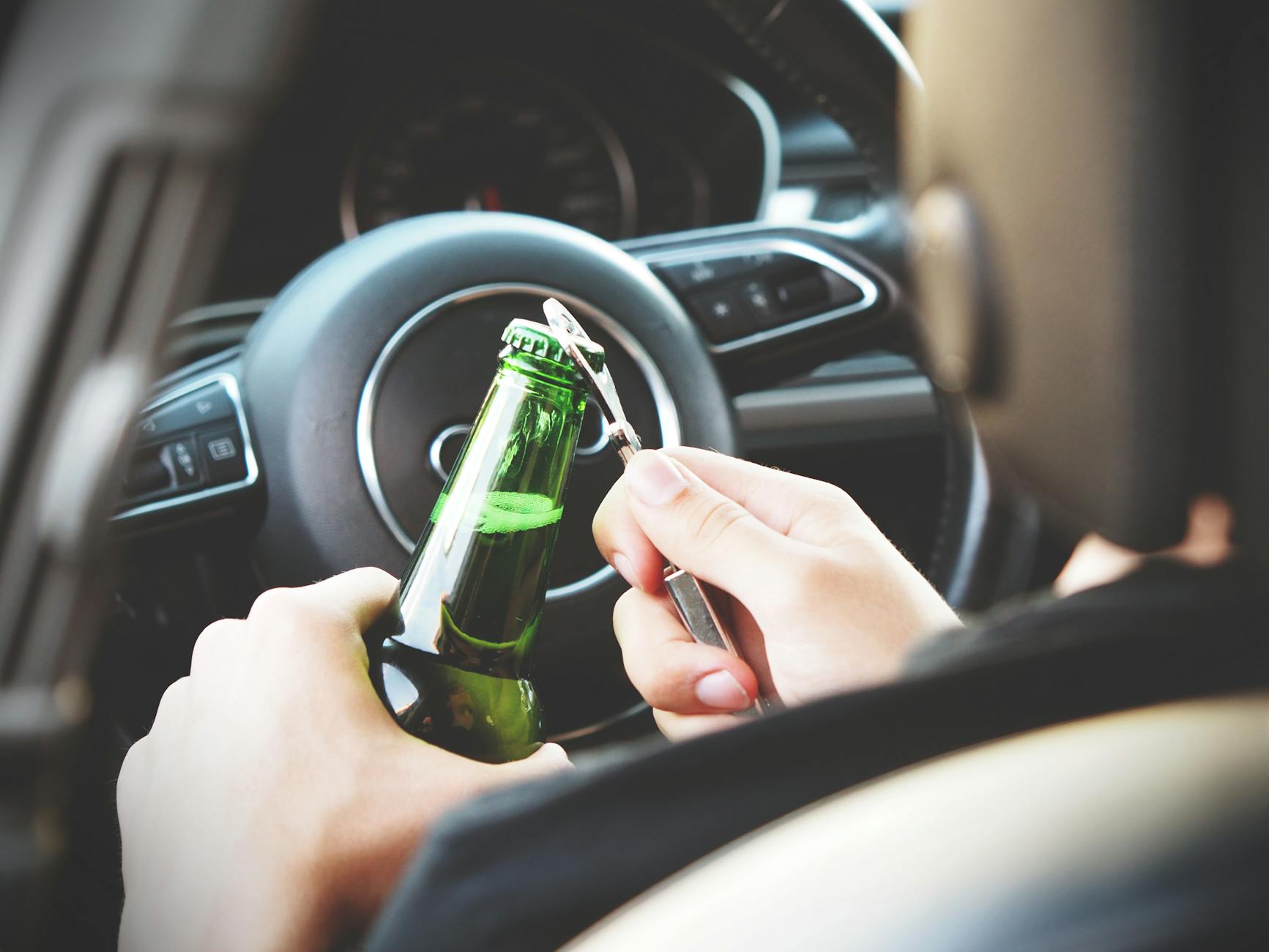Unlock the secrets of alcohol consumption with this in-depth exploration into just how many beers it really takes to feel buzzed.

Image courtesy of energepic.com via Pexels
Table of Contents
Have you ever found yourself contemplating the age-old question: how many beers does it take to get drunk? The answer to this seemingly simple question is actually quite complex and multifaceted. In this blog post, we will delve deep into the science behind alcohol metabolism, individual tolerance levels, and various factors that can influence intoxication. By understanding these factors, you can better gauge your own limits and practice responsible drinking habits.
The Science of Alcohol Metabolism
Alcohol metabolism is a fascinating process that occurs in the body when you consume alcoholic beverages. When you drink alcohol, it is absorbed into your bloodstream and eventually makes its way to your liver, where it is metabolized. The liver breaks down alcohol into acetaldehyde, a toxic substance that is further converted into acetate and eventually eliminated from the body.
One of the key factors that influence how quickly alcohol is metabolized is body weight. Generally, individuals with higher body weight tend to metabolize alcohol more efficiently than those with lower body weight. This means that a larger person may be able to consume more drinks before feeling intoxicated compared to someone who is smaller in stature.
Individual Tolerance Levels
Individual tolerance to alcohol can vary significantly from person to person. Factors such as genetics, regular alcohol consumption, and overall health can play a role in determining how well someone can handle alcohol. For example, individuals with a family history of alcoholism may have a lower tolerance to alcohol compared to those without such a history.
Regular alcohol consumption can also impact tolerance levels. Chronic drinkers may develop a higher tolerance to alcohol over time, meaning they need to consume more drinks to feel the same level of intoxication. However, this increased tolerance can also lead to dependence and addiction if not carefully monitored.
Influencing Factors on Intoxication
While individual tolerance plays a significant role in how many beers it takes to get drunk, there are also other influencing factors to consider. One such factor is food consumption. Eating a meal before drinking can help slow down the absorption of alcohol into the bloodstream, delaying the onset of intoxication.
Another important factor is the alcohol content of the beverages you are consuming. Drinks with higher alcohol content, such as liquor or fortified wines, will lead to a quicker intoxication compared to lower alcohol content beverages like beer or wine. Additionally, mixing different types of alcohol can also increase the likelihood of feeling drunk faster.
It’s important to note that knowing your limits and drinking responsibly is crucial to avoid dangerous levels of intoxication. If you are unsure of how alcohol affects you, start with a small amount and pace yourself throughout the evening. Listen to your body and stop drinking if you start to feel signs of intoxication.
By understanding the science behind alcohol metabolism, individual tolerance levels, and other influencing factors, you can make informed decisions about your alcohol consumption and prioritize your safety and well-being while enjoying a night out.
Remember, moderation is key when it comes to alcohol consumption. Drink responsibly and know when to say when.
FAQs
How many beers does it take to get drunk?
Answer 1: The number of beers it takes to get drunk varies based on individual factors like body weight, tolerance, and metabolism. Generally, it’s recommended to pace yourself and be mindful of your alcohol consumption.
Does food consumption affect how quickly you get drunk?
Answer 2: Yes, eating a meal before drinking can slow down alcohol absorption, delaying intoxication. It’s important to have a balanced meal to help mitigate the effects of alcohol.
How does body weight impact alcohol tolerance?
Answer 3: Individuals with higher body weight typically metabolize alcohol more efficiently. This means larger individuals may require more drinks to feel intoxicated compared to someone with lower body weight.
Can mixing different types of alcohol affect intoxication levels?
Answer 4: Mixing different types of alcohol can lead to quicker intoxication. Beverages with higher alcohol content will impact intoxication levels faster than those with lower alcohol content. It’s important to be mindful of the types of drinks you consume to gauge intoxication levels effectively.
Powered by Texta.ai Blog Automation
Leave a Reply